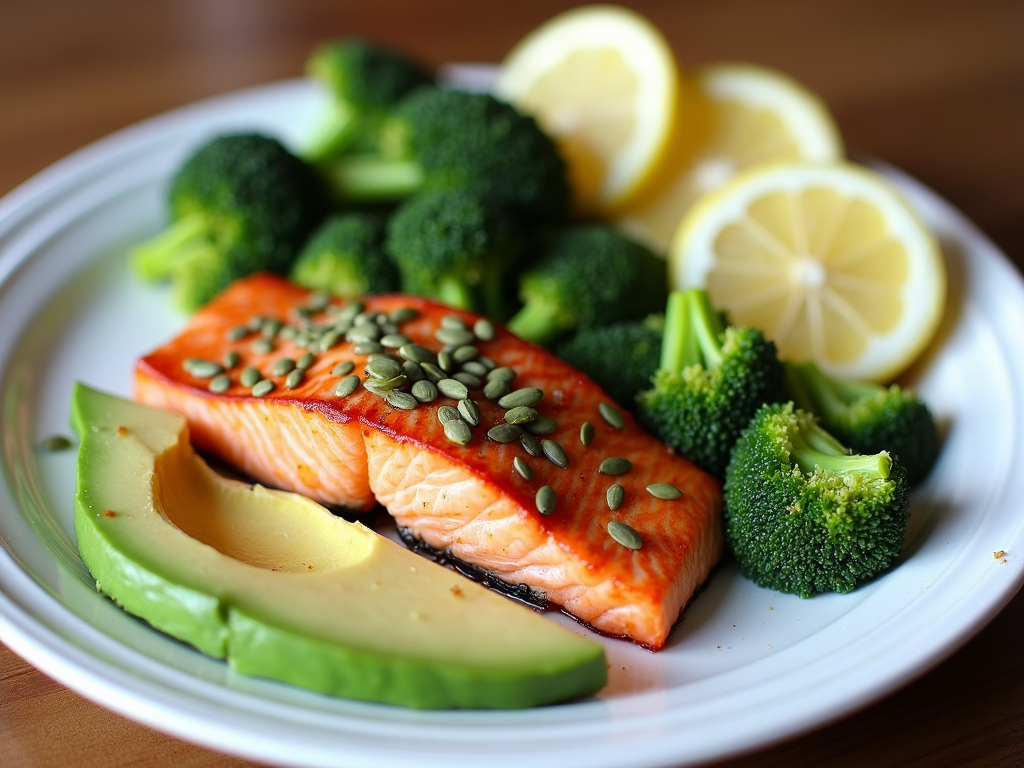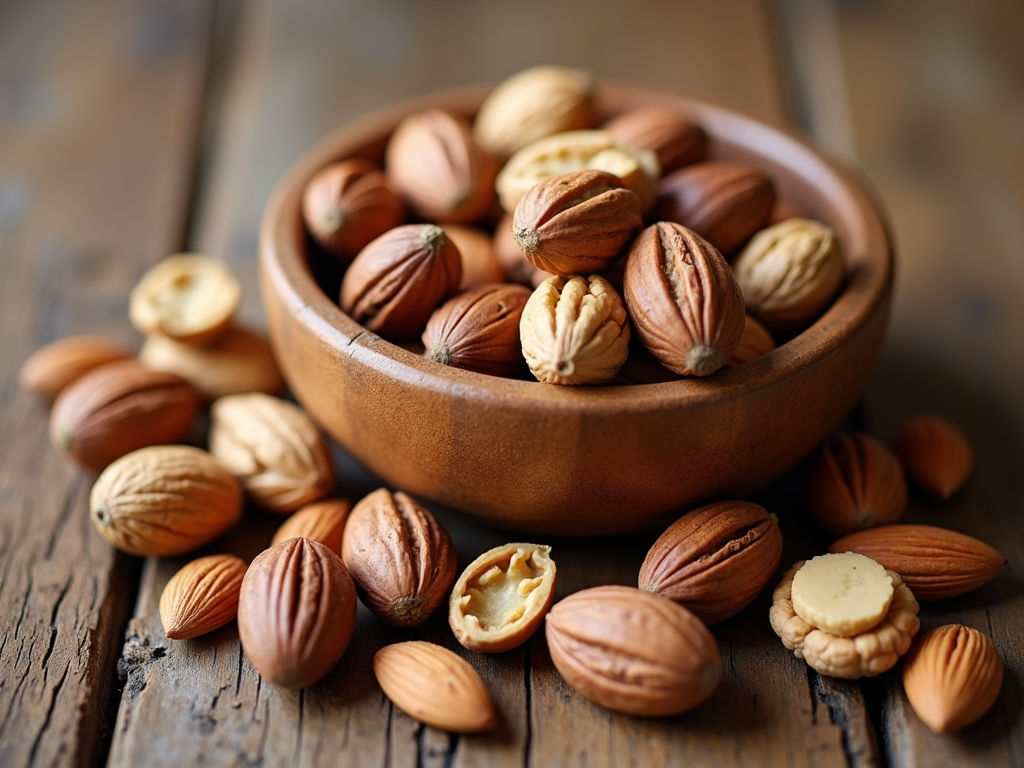The Impact of Diet on Male Fertility
March 26, 2025, 1 p.m.
Male fertility matters just as much as female fertility when it comes to starting a family. Many factors affect it, but one stands out: diet. What men eat can boost or harm their sperm quality, count, and overall reproductive health. In this article, we’ll dive into The Impact of Diet on Male Fertility, uncovering how food choices influence conception chances. We’ll also explore how diet ties into IVF medication and male fertility, offering practical tips for anyone facing infertility.
Why Diet Matters for Male Fertility
Your diet fuels your body, and that includes your reproductive system. Sperm production relies on nutrients like vitamins, minerals, and healthy fats. A good diet supports strong sperm and balanced hormones. A bad one? It can lead to low sperm count, poor motility, or even DNA damage in sperm. Studies show that men with healthier eating habits often have better fertility outcomes.
Think of your body as a machine. Feed it junk, and it sputters. Give it quality fuel, and it runs smoothly. For men, this means eating foods that nourish sperm and avoiding ones that throw things off track. It’s not just about quantity—sperm count—but quality, too. Healthy sperm move better and carry less damage, improving the odds of conception.

Nutrients That Boost Male Fertility
Some nutrients act like superheroes for sperm. Here’s a rundown of the best ones:
- Zinc: This mineral powers sperm production and keeps testosterone levels steady. Find it in oysters, beef, and pumpkin seeds.
- Selenium: It shields sperm from damage caused by stress or pollution. Brazil nuts, tuna, and eggs are great sources.
- Vitamin C: This antioxidant improves sperm movement and protects their DNA. Load up on oranges, bell peppers, and broccoli.
- Omega-3 Fatty Acids: These healthy fats strengthen sperm membranes and calm inflammation. Fatty fish like salmon, walnuts, and flaxseeds deliver them.
Adding these to your meals can give your fertility a real boost.
Don’t know where to start? Try a simple swap. Instead of a burger, grill some salmon. Snack on nuts instead of chips. Small changes add up over time, and your sperm will thank you.

Foods and Habits That Hurt Fertility
Not all foods are fertility-friendly. Some can tank your sperm health faster than you’d think. Here’s what to watch out for:
- Too Much Alcohol: A beer now and then is fine, but heavy drinking lowers testosterone and slows sperm production.
- Processed Junk: Burgers, fries, and packaged snacks often pack trans fats that cut sperm count and movement.
- Low Fruit and Veggie Intake: Skip these, and you miss out on key nutrients. Deficiencies hurt sperm quality.
- Excessive Caffeine: A cup of coffee won’t ruin you, but too much might lower sperm concentration.
Steering clear of these can keep your reproductive health on track.
It’s not just about food, either. Smoking, stress, and sitting all day can team up with a bad diet to make things worse. Cutting out processed stuff and balancing your plate with whole foods is a solid first step.

Diet and IVF Medication: A Hidden Link
For couples using IVF medication or fertility drugs, diet isn’t just a side note—it’s a game-changer. IVF Medication helps stimulate the body for fertility treatments, but it works better when the body’s in good shape. A nutrient-rich diet can make fertility drugs more effective by supporting hormone balance and sperm quality.
Picture this: You’re taking IVF medication to boost your chances, but your diet’s full of sugar and grease. Your body struggles to respond. Now imagine eating clean—lots of veggies, lean protein, and healthy fats. Your system’s primed to make the most of those drugs. Doctors often see better results when patients pair treatment with good nutrition.
This matters especially for men. Sperm health affects IVF success, too. Poor diet can weaken the impact of IVF medication and male fertility efforts, while a solid diet can lift it. It’s teamwork between what you eat and what the doctor prescribes.

A Real-Life Example
Let’s talk about Mike and Lisa. They’d been trying to conceive for over a year with no luck. Tests showed Mike’s sperm count was low—infertility was the word they kept hearing. Frustrated, Mike decided to tweak his diet. He ditched soda for water, swapped fries for sweet potatoes, and started eating oysters and walnuts weekly.
Three months later, his sperm count climbed. Lisa was eating better, too, and they went into IVF with hope. After one round, they got the news: a positive pregnancy test. Mike swears those dietary shifts made the difference. It’s not a magic fix, but for them, it tipped the scales.
Stories like this aren’t rare. I’ve talked to guys who’ve seen real changes after cutting junk and adding nutrient-packed foods. It’s not about perfection—just progress. Even a few better choices can move the needle.

Actionable Tips to Get Started
Ready to eat for better fertility? Here’s a quick plan:
- Load Up on Antioxidants: Eat a handful of berries or a citrus fruit daily.
- Cut the Junk: Swap processed snacks for nuts or seeds.
- Add Healthy Fats: Toss avocado or salmon into your meals a few times a week.
- Stay Hydrated: Drink water instead of sugary drinks.
- Talk to a Pro: If you’re on fertility drugs, ask your doctor how diet can help.
These steps are simple, but they work. Start small, and build from there.
Wrapping It Up
The Impact of Diet on Male Fertility is clear: what you eat shapes your reproductive health. Nutrients like zinc and vitamin C can supercharge sperm, while junk food and booze can drag it down. For those using IVF medication, a healthy diet can boost the odds of success. It’s not a cure-all, but it’s a powerful tool. Make smart choices, and you might see a difference—maybe even a life-changing one.